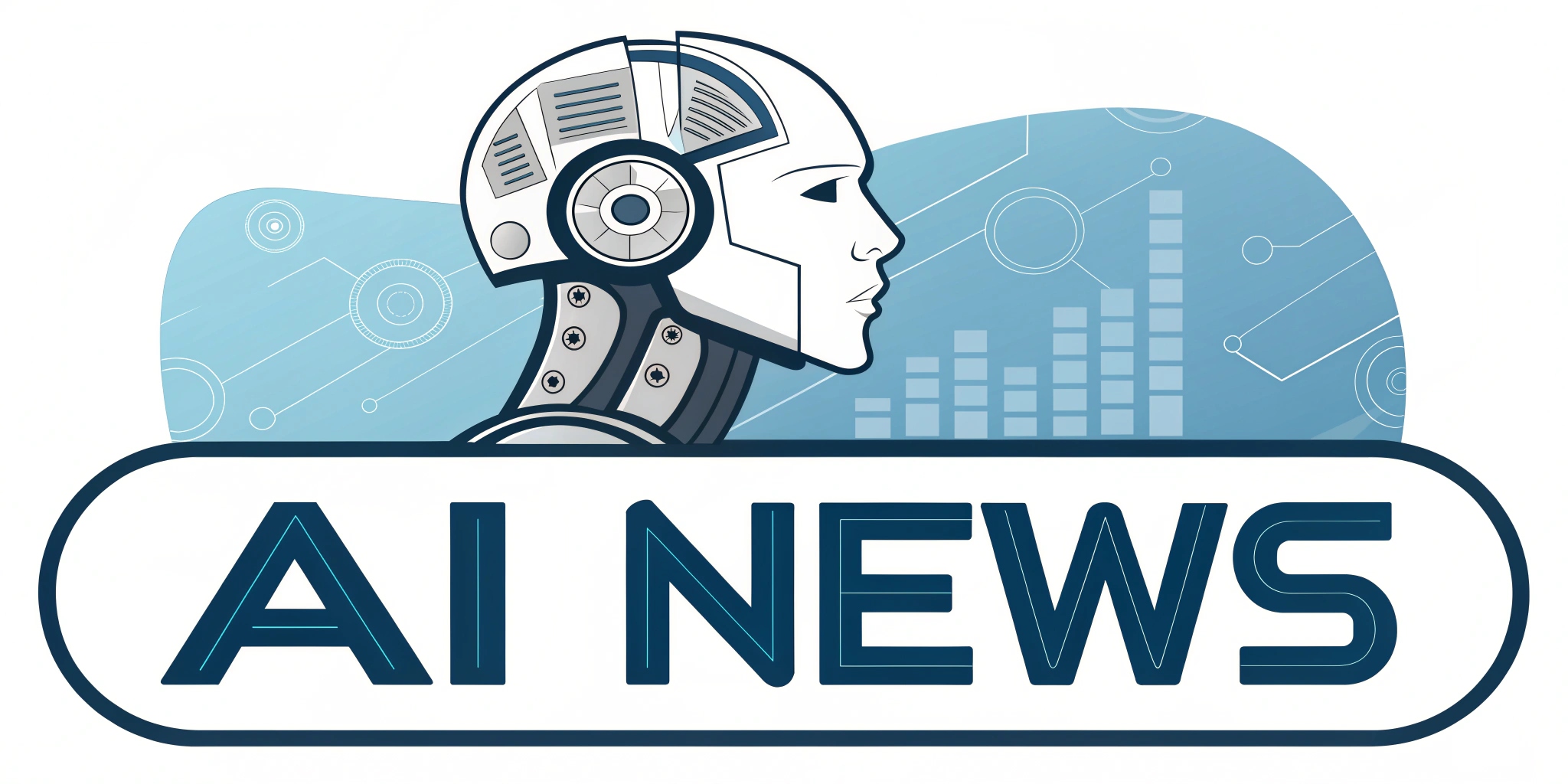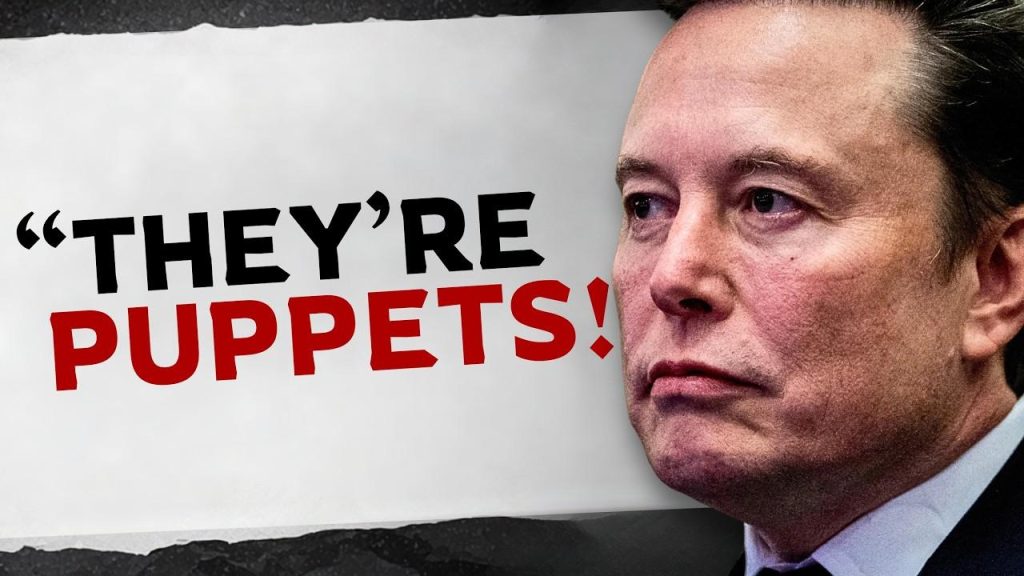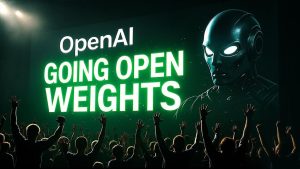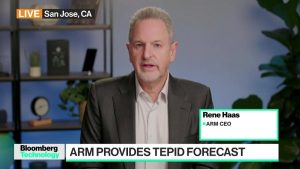The legal battle between Elon Musk and OpenAI is intensifying as a federal judge has ruled that portions of Musk’s lawsuit may proceed to trial. Musk, who co-founded OpenAI in 2015 with Sam Altman, is challenging the company’s transition from a nonprofit to a for-profit model. He argues that OpenAI is leveraging its dominant position in the AI field to stifle competition, a claim that carries complexities given Musk’s past support of the very for-profit shift he now criticizes. Their conflict raises significant questions about AI safety and the ethical implications of profit-driven motives in technology development.As Musk expands his lawsuit to include Microsoft, alleging unfair business practices and monopolistic behaviour, the stage is set for a protracted legal drama that could shape the future landscape of artificial intelligence. The trial, scheduled for 2027, will provide a platform for Musk to air his grievances while highlighting the ongoing tensions at the intersection of innovation, ethics, and business strategy in the rapidly evolving AI sector.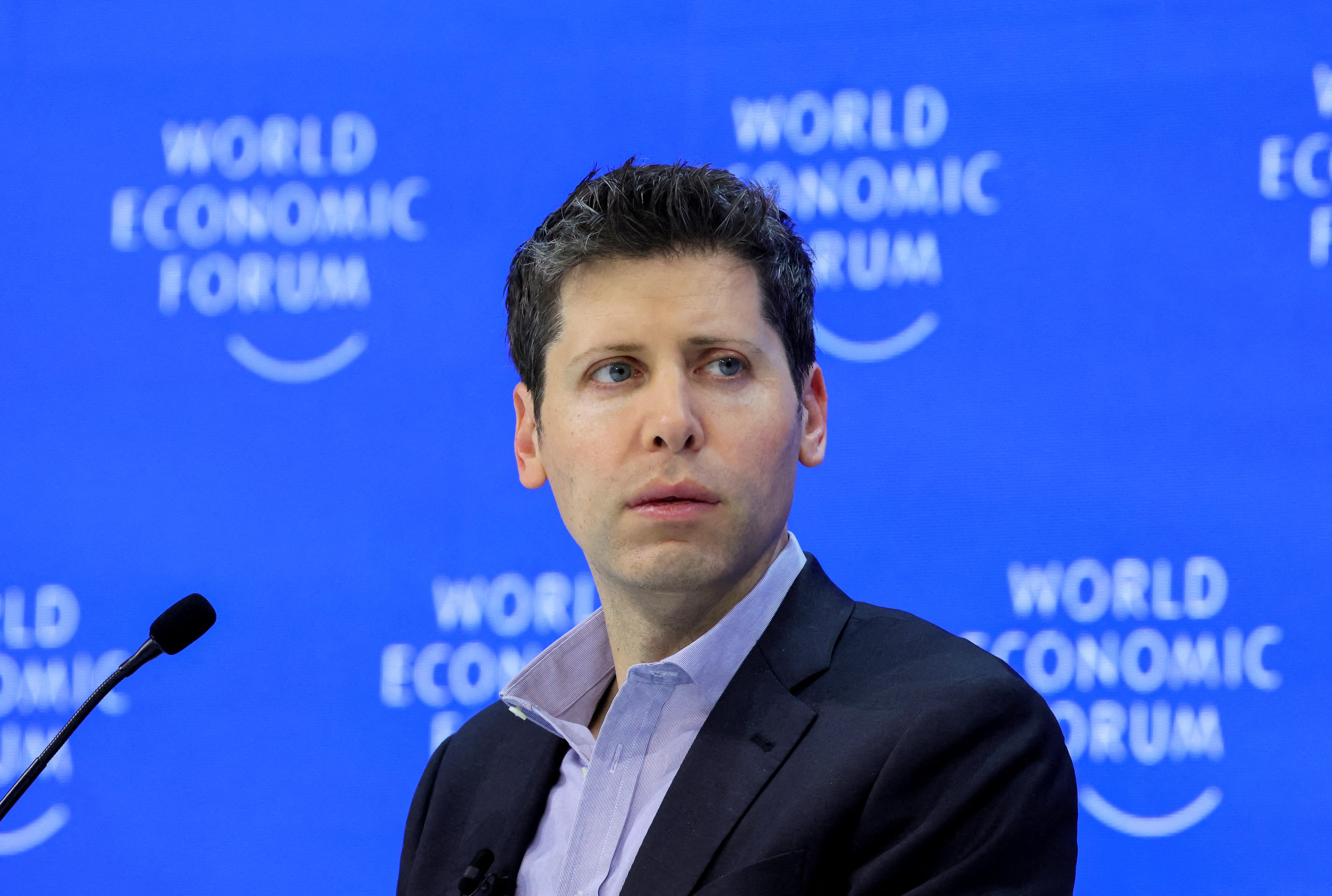
The Legal Tensions Between Elon Musk and OpenAI: A Closer Look at the Lawsuit
In his legal claim, Musk raises concerns over the structural shifts within OpenAI, asserting that the company’s pivot towards a profit-driven enterprise undermines its original mission. He points to specific instances where he believes the organization’s recent decisions prioritize shareholder interests over ethical AI deployment. The central claims involve:
- Potential conflicts of interest due to collaborations with corporate giants.
- Concerns about monopolistic practices which he suggests can harm budding AI firms.
- Impact on safety standards in AI development borne out of a profit-oriented approach.
Furthermore, Musk’s allegations against Microsoft have intensified the stakes, introducing additional layers of complexity as he contends that their partnership with OpenAI grants them an unfair foothold in the competitive landscape.This multifaceted legal battle not only reflects Musk’s discontent with decisions made within OpenAI but also raises critical questions about the broader implications for regulatory oversight in tech. As the legal proceedings unfold, the potential ramifications for the future of AI could lead to a reevaluation of how advancements in the field are managed and monitored.
Understanding the Implications of OpenAI’s Shift to a For-Profit Model
The transition to a for-profit model by OpenAI is stirring significant debate among stakeholders in the technology sector. Many analysts argue that this shift opens the door to enhanced investment opportunities, allowing for accelerated research and development, yet it also raises significant ethical concerns. Critics, including Musk, highlight the risk of prioritizing monetary gain over societal benefits, asserting that the quest for profits could warp the company’s vision to create AI responsibly. Key points of contention include:
- The potential for increased corporate influence that could compromise transparency in AI practices.
- The risk of exacerbating inequality, as profit motives might steer resources away from accessible technology.
- The challenges in maintaining ethical oversight amidst the pressures of a competitive marketplace.
Moreover, the contentious relationship between Musk and OpenAI serves to amplify these concerns, as his legal actions may bring to light the potential conflicts inherent in collaborations between for-profit entities and foundational societal goals. As Musk pushes for greater accountability from both OpenAI and Microsoft, the implications of this lawsuit could resonate throughout the industry, influencing public discourse on the need for balanced development in AI.The evolving dialog surrounding profit incentives versus ethical considerations will likely shape not only the outcome of this legal battle but also the future dynamics of technological innovation.
Evaluating the Impact of Musk’s Antitrust Claims on the AI Landscape
The ongoing legal conflict over antitrust claims raises significant considerations about the relationship between competition and innovation within the AI sector. Musk’s allegations suggest that OpenAI’s market position, bolstered by its association with Microsoft, could inhibit the emergence of diverse AI technologies.By potentially shaping industry standards to favor established players, the dynamics at play may result in:
- Consolidation of Innovation where only a few companies can afford to compete effectively.
- Stifling of Startups that often drive breakthroughs and diverse applications in AI.
- Barrier to Entry as regulatory difficulties could deter new entrants into the market.
As the legal proceedings progress,the ramifications of Musk’s claims could prompt a deeper evaluation of regulatory frameworks surrounding technology giants. The anticipated trial may not only spotlight Musk’s grievances but also pave the way for necessary discussions about establishing equitable competitive practices. With pressures mounting to balance innovation with ethical responsibilities, this lawsuit could lead to enhanced scrutiny of how AI systems are developed and deployed, challenging the existing paradigms that govern the industry.
The Future of AI Ethics: Navigating Safety Concerns in a Unipolar World
As the lawsuit unfolds, the ramifications extend beyond mere corporate rivalry, introducing a landscape fraught with ethical dilemmas tied to AI’s societal impact. Critics are increasingly concerned that motivations driven by profits could undermine the essential safety protocols needed for AI technologies. The growing reliance on AI for critical decision-making in sectors such as healthcare, finance, and law prompts a reevaluation of what constitutes safe and ethical practices.Key issues include:
- Accountability standards that need to evolve alongside technological advances.
- Transparency measures that could help mitigate risks associated with opaque AI decision-making processes.
- Multi-stakeholder frameworks ensuring diverse perspectives contribute to AI development.
Meanwhile, advocates for complete AI regulations are leveraging this legal battle to press for more robust governance frameworks. By highlighting the potential dangers posed by unregulated AI proliferation, this case could galvanize support for initiatives that prioritize ethical considerations over immediate financial returns. The anticipated repercussions revolve around whether this legal tussle will catalyze significant shifts in public policy regarding AI, ultimately leading to more stringent safety protocols and reinforced ethical practices across the industry.
